We specialize in the cryo-preservation of humans and pets, DNA & tissue storage as well as cryonics outreach and public education.
Category: education – Page 179
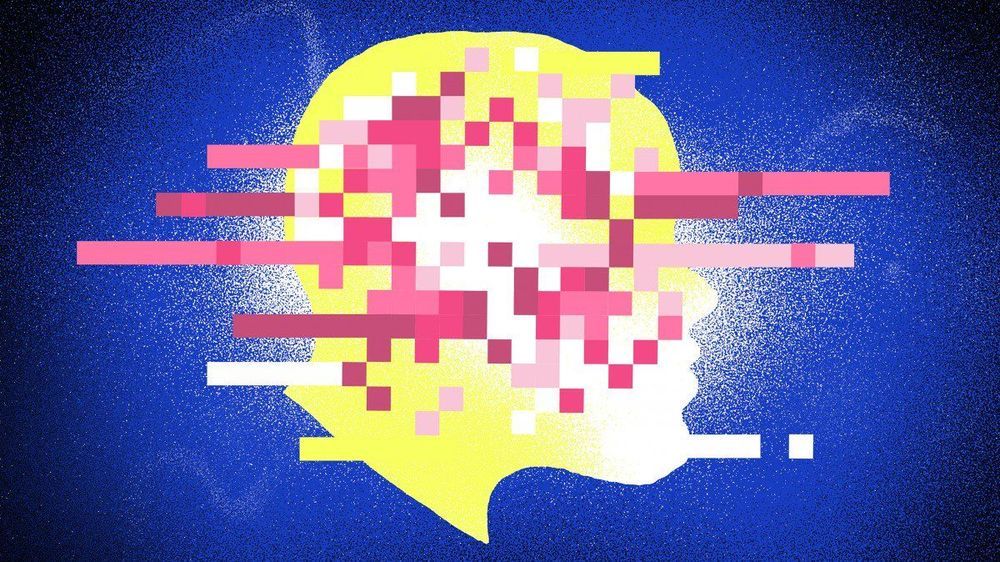
We analyzed 16,625 papers to figure out where AI is headed next
Almost everything you hear about artificial intelligence today is thanks to deep learning. This category of algorithms works by using statistics to find patterns in data, and it has proved immensely powerful in mimicking human skills such as our ability to see and hear. To a very narrow extent, it can even emulate our ability to reason. These capabilities power Google’s search, Facebook’s news feed, and Netflix’s recommendation engine—and are transforming industries like health care and education.
Our study of 25 years of artificial-intelligence research suggests the era of deep learning is coming to an end.
‘Immortality or Bust’ (Documentary): A Review
There is a noble frontier in the making that is growing internationally at speeds yet to be comprehended. And this frontier goes by the name “Transhumanism,” which is the pursuit to overcome aging and all biological limitations via advanced science and technology. What started as nothing more than a fringe concept among futurist circles has now become a global movement consisting of philosophers, political activists, scientists, and technologists.
But when it comes to Transhumanism here in the United States, there was one particular event in mind that helped introduce this movement into the national dialogue. That event is now famously known as the “Immortality Bus tour,” for which was led by then-presidential candidate Zoltan Istvan, representing the U.S. Transhumanist Party.
In this documentary, then-presidential candidate Zoltan Istvan travels across the country, spreading the word of Transhumanism—for the overcoming of aging using advanced science and technology!
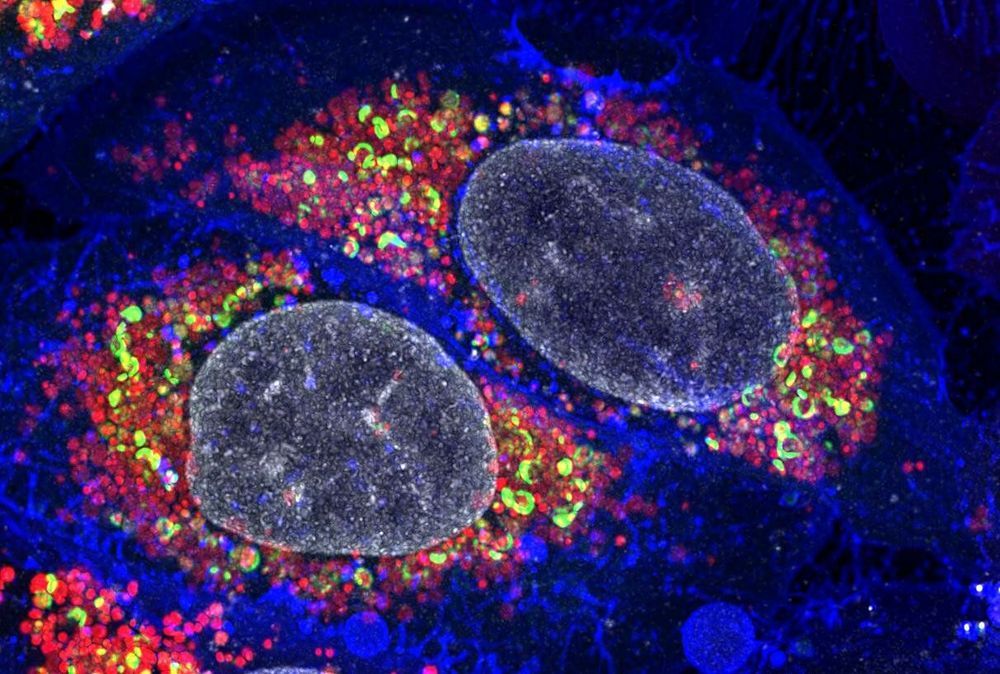
Teaching human cells to clean house to delay aging and fight neurodegeneration
Monash researchers have unlocked a key process in all human cells that contributes to diseases like cancer and neurodegenerative diseases as well as ageing. The discovery reveals how cells efficiently get rid of cellular junk, which when it accumulates, can trigger death and the health problems associated with getting older.
Autophagy is the ‘clean-up crew’ of the cell—used by cells to break-down debris like broken proteins, bits of cell membrane, viruses or bacteria. To capture this trash, cells use specialised membranes to trap the cargo for recycling into new parts and energy. Without efficient autophagy cells become choked by their own damaged components, which can contribute to the development of a range of diseases, including diabetes, muscular dystrophy, Parkinson’s and Alzheimer’s disease.
Dr. Michael Lazarou’s laboratory from the Monash Biomedicine Discovery Institute have today published data in Nature Communications that debunks previously held beliefs about how cells target their trash. Cells target different types of cargo by using ‘autophagy receptors’, which can bind the cargo as well as the ensnaring membranes. Until recently these autophagy receptors were thought to recruit the membranes to the cargo, but research led by Dr. Benjamin Padman from the Lazarou lab now shows that this is not the case.
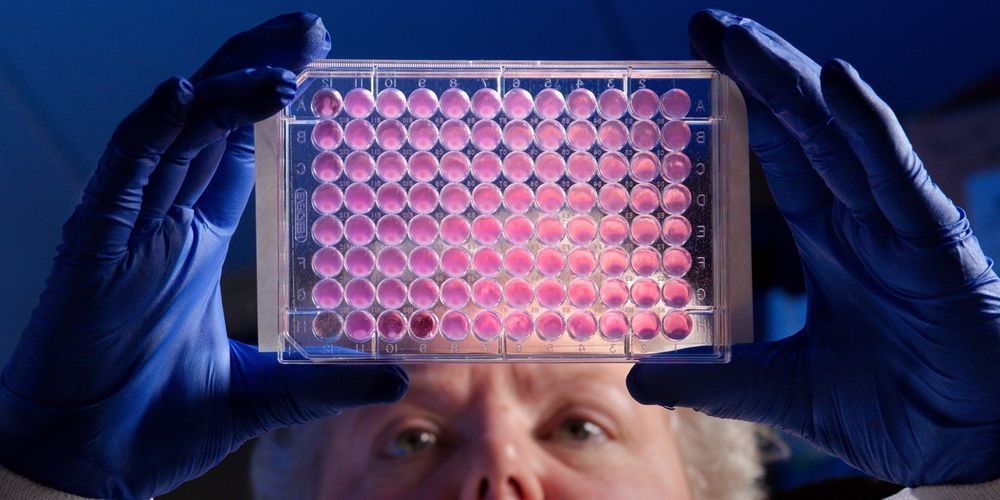
Drug companies are teaching old drugs new tricks, and it could upend how we find new treatments for superbugs and a devastating lung disease
- In an age where innovative technologies like gene and cell therapy are transforming how we think about medical treatments, some CEOs are wondering what’s being left on the table.
- Business Insider spoke to three companies developing new uses for old drugs, and they told us now might be a good time to rethink what we consider innovation.
- Simply changing how drugs are dosed or delivered could open up the doors to more uses for existing medications in tough-to-treat conditions like female sexual arousal dysfunction or antibiotic-resistant infections.
The key to tackling hard-to-treat diseases could have less to do with flashy new technologies than with finding new uses for old drugs.
A range of smaller drugmakers are exploring the back catalogs of big pharma companies to discover old drugs that could be used in new ways, they told Business Insider. They’re seeking treatments for conditions including a rare lung disease, antibiotic-resistant infections, and female sexual arousal disorder. Along the way, they’re seeking to redefine what we think of as medical innovation.
Can nanotechnology rewire an injured spinal cord?
According to the World Health Organisation, up to a half-million people around the world suffer a spinal cord injury each year. Often caused by road traffic crashes, accidents or violence, the loss of motor control or paralysis significantly impacts quality of life and requires years of treatment and care. Spinal cord injury is also associated with lower rates of school enrollment and economic participation, and carries substantial individual and societal costs.
Current methods for spinal cord injury treatment involve cumbersome brain-machine interfaces, with many cables linking the patient and a computer to restore limited motor functions. Other methods to map brain activity, such as magnetoencephalography, require very large machinery and particularly low-temperature working conditions.
To improve the quality of life of those suffering a spinal cord injury, ByAxon is bringing together a consortium of researchers from across Europe (Spain, Italy, France and Germany) to devise a new generation of spinal cord treatments. The four-year project started in January 2017 and is seeking to create implants that restore sensory functions.
The Future Yet To Be Imagined
Ladies Monday with Cindy Rampersaud.
How do we prepare young people for jobs that do not yet exist?
Global changes in technology, population and urbanisation are impacting the educational landscape. The role of skill-based education is now critical for many economies. Getting it right is essential for the economic and social aspirations of individuals, communities, employers, economies.
Technological discovery is a key enabler that can provide successful careers through increased access to education for millions – solutions and application of learning that leads to innovation and growth. Cindy is SVP at Pearson Education. She is responsible for the development of Pearson’s UK technical and vocational qualifications. Cindy sits on the Commission for learning for life, work and a changing economy and is on the Board of The Children’s Society and Speakers Trust.
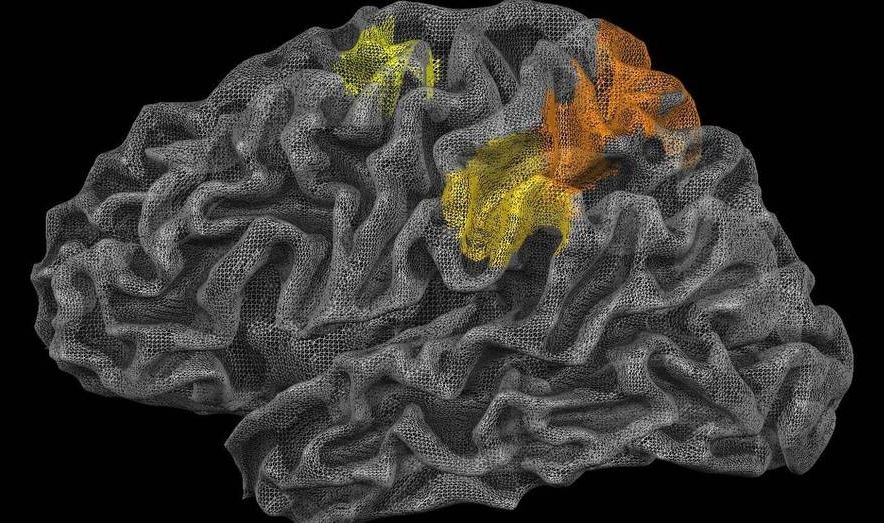
Biofeedback from the brain will help students learn faster
Biofeedback will also be able to help with problems that feel intractable, by conditioning students to make time to think outside the box. Studies show the best way is to deal with a seemingly intractable problem is to consider it intensely for a period of time and then to relax to an almost meditative state to foster the brain’s creative side.
We have trialled technology that can help users manage this approach in Finland, using an app called Study Train that has been designed by Finnish education experts. The app combines the Pomodoro time-management technique with customised learning rhythms based on an individual’s brain waves, telling students to focus when learning efficiency is high and to rest meditatively to promote lateral thinking and creativity when efficiency is low. It is now being used by students in China, Malaysia and Taiwan as well as in Finland and next year will be rolled out further.
We have long known that the brain has good and bad times for retaining information and solving problems. By combining EEG data and machine learning we can now we confident when those different states occur and use that information to improve students’ learning. 2019 will be the year when study becomes turbocharged.
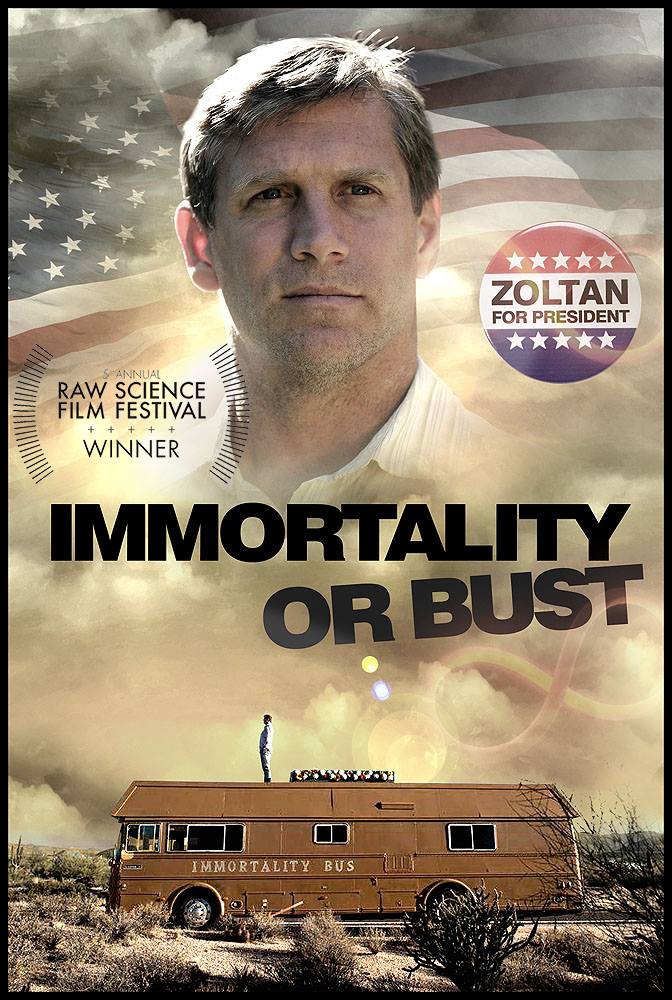

New scale for electronegativity rewrites the chemistry textbook
Electronegativity is one of the most well-known models for explaining why chemical reactions occur. Now, Martin Rahm from Chalmers University of Technology, Sweden, has redefined the concept with a new, more comprehensive scale. His work, undertaken with colleagues including a Nobel Prize-winner, has been published in the Journal of the American Chemical Society.
The theory of electronegativity is used to describe how strongly different atoms attract electrons. By using electronegativity scales, one can predict the approximate charge distribution in different molecules and materials, without needing to resort to complex quantum mechanical calculations or spectroscopic studies. This is vital for understanding all kinds of materials, as well as for designing new ones. Used daily by chemists and materials researchers all over the world, the concept originates from Swedish chemist Jöns Jacob Berzelius’ research in the 19th century and is widely taught at high-school level.
Now, Martin Rahm, Assistant Professor in Physical Chemistry at Chalmers University of Technology, has developed a brand-new scale of electronegativity.